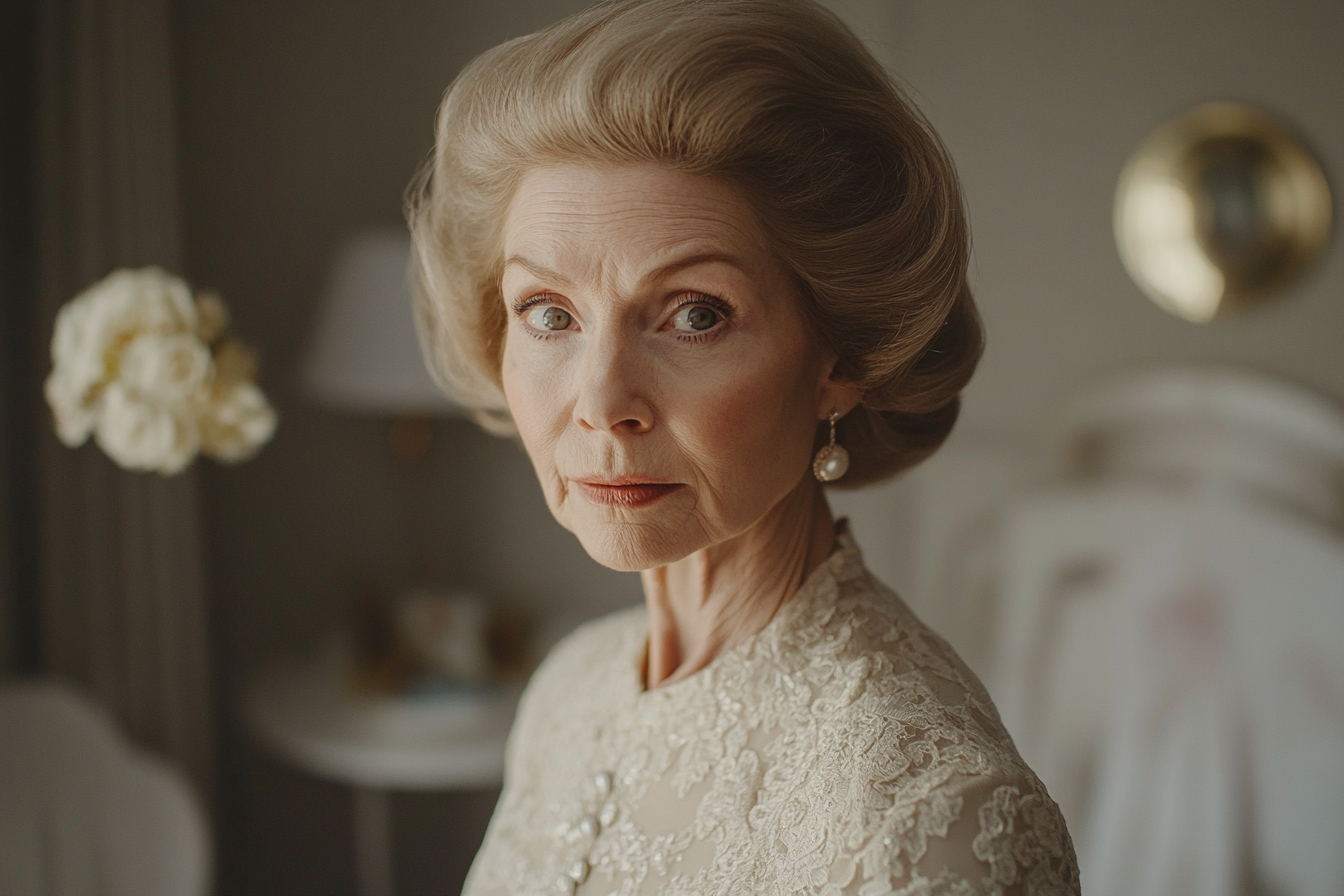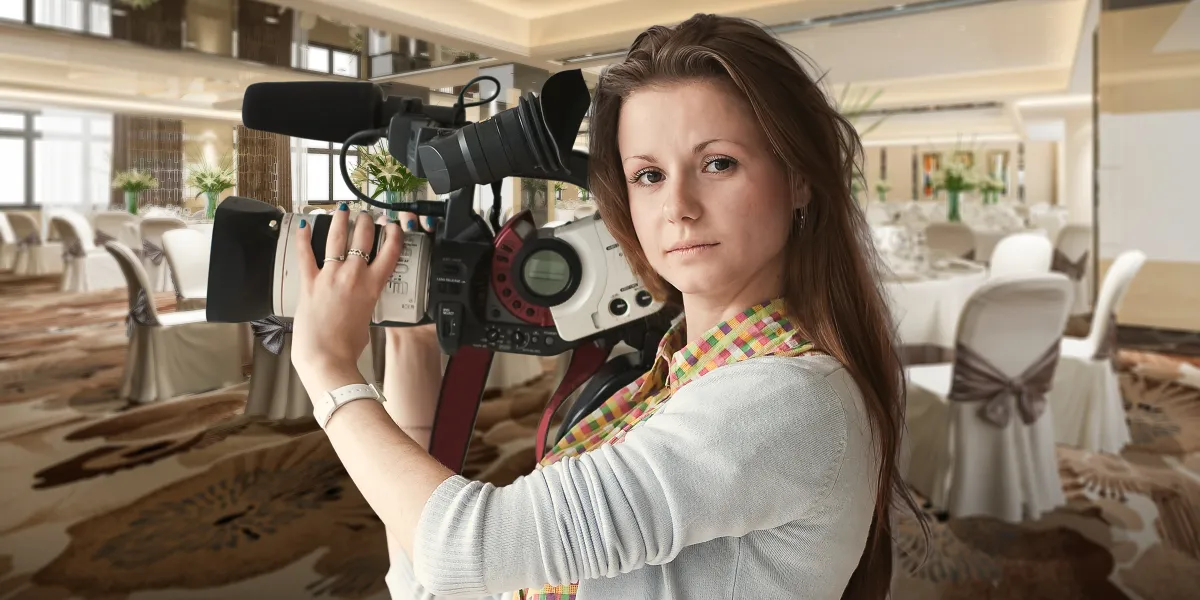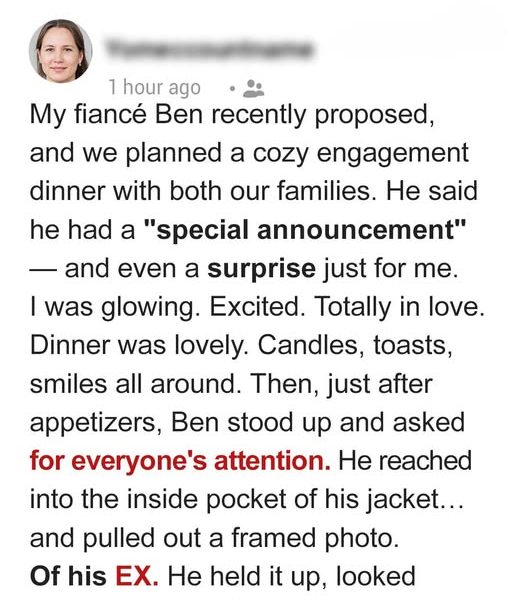When my half-sister, Lily, asked me to photograph her wedding for free, I agreed, hoping it might bridge the gap between us. I poured my heart into capturing her day, working without a break. But when she said I didn’t deserve a seat at the reception because I was “just the photographer,” I walked away, choosing my self-worth over family obligation.
My dad left when I was four, leaving behind fuzzy memories of his departure and my mom’s quiet grief. A year later, he called to say he and his wife, Diane, were having Lily. I was too little to understand, but I smiled when he called me a big sister during his occasional visits. Lily and I never connected. We didn’t share birthday parties or late-night chats, just a dad who seemed more tied to her life. He’d mention her art projects or soccer goals, but to me, she was a name in his stories.

Photography became my haven. While my friends obsessed over social media, I saved for a camera, finding joy in freezing life’s moments. After college, I built a career shooting business portraits and ads, steering clear of weddings because of the chaos. But when I did them, I excelled. One day, Dad called, his tone cautious but warm. “Lily’s getting married,” he said. “She’s trying to save money, and I mentioned you’re a photographer.” I laughed—Lily and I had barely spoken.
He pitched it as a chance to bond, and I gave in, wanting to feel like family. I insisted my partner, Alex, join as my assistant and that we’d be treated as guests, not just help. Dad agreed, but I had a bad feeling. Alex and I arrived at the wedding prepared, but Lily barely acknowledged us, handing me a long list of photo demands without a smile. Her mom, Diane, called my work “pitching in,” like I was a hobbyist.
We shot for hours—Lily’s dress, her dad’s emotional glances, the flower girls’ giggles. No one offered us a drink or a break. After the ceremony, Lily called for “family” photos, excluding me. I stood behind my camera, feeling invisible. When the reception began, Alex and I looked for our seats, but there were none. I asked Lily, and she blinked. “You’re working,” she said. “We didn’t reserve spots for staff.”
I was stunned. I’d given everything, unpaid, and she couldn’t spare a chair? “You didn’t pay me,” I said, anger rising. She brushed it off, acting like I was dramatic. That was it. I told Alex we were leaving. Lily panicked, mentioning the dances and cake, but I packed up. Dad tried to mediate, but I was clear: “She doesn’t see me as family.” We left for a nearby pizza place, ordering a feast and toasting to self-respect.
My phone lit up with furious messages from Lily and pleas from Dad, but I didn’t reply. I sent Lily unedited photos—raw and imperfect—and when she called to complain, I told her to hire someone she respected next time. Weeks later, Dad came by, admitting he should’ve intervened. I listened but felt no need to reassure him. I’d spent years chasing his love, but I was done.
As he left, I felt lighter. Family isn’t just who you’re born to—it’s who values you. I’m choosing people who make room for me, always.


